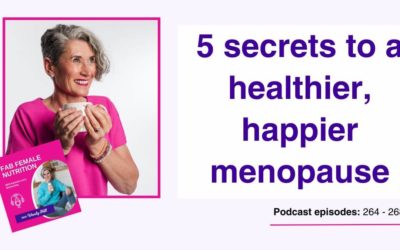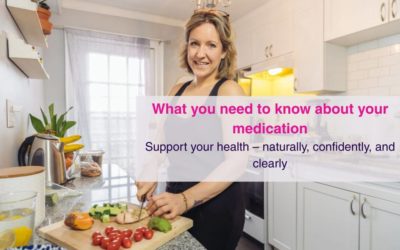It is believed that 2 million people in the UK are living with a food intolerance. How do you know if you have an intolerance and is that different to an allergy?
The rise in ranges of food outlets and product ranges offering allergy free ranges such as gluten free or lactose free is being driven by consumer demand. So how do you know if you have an allergy or an intolerance to a certain food type?
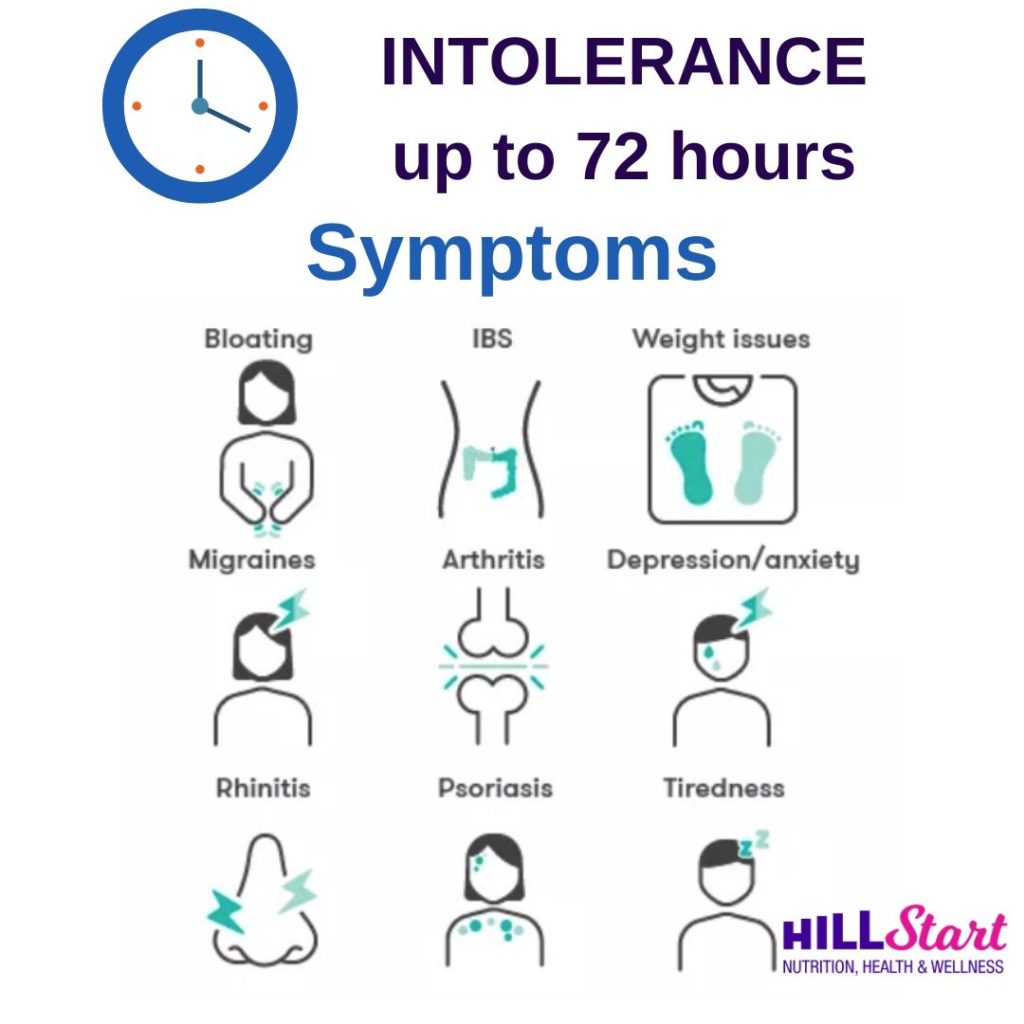
What is a food intolerance?
An intolerance is a sensitivity to a certain food or range of foods. Symptoms of intolerance range from mild discomfort to extreme intestinal pain, diarrhoea, tiredness, and bloating. This is a wide and pretty vague list of complaints, after all when was the last time you felt tired? Did you consider it might be a food intolerance? It’s not likely.
Not only are the symptoms wide and vague, they can take up to 72 hours to start. This makes it very difficult to diagnose accurately. There are likely to be many different foods that you have consumed in the time before your symptoms, making it very difficult to isolate the culprit.
As a nutritional therapist, when I work with clients we’ll often remove common trigger foods from the diet, this is known as an elimination diet, and it creates space for the gut to calm down so we can truly understand what’s driving symptoms. That’s exactly why I created the 28-Day Transformation Programme. It’s a gentle, self guided, well-structured reset designed to support your digestive system by stepping away from the foods most likely to cause irritation, such as gluten and dairy. For four weeks, your body gets the chance to repair and rebalance – without you having to second-guess every meal. Think of it as a guided, temporary “time-out” for inflammatory foods, with a full meal plan, recipes and supplement recommendations woven in, so you can focus on feeling better rather than getting lost or overwhelmed.
What is a food allergy?
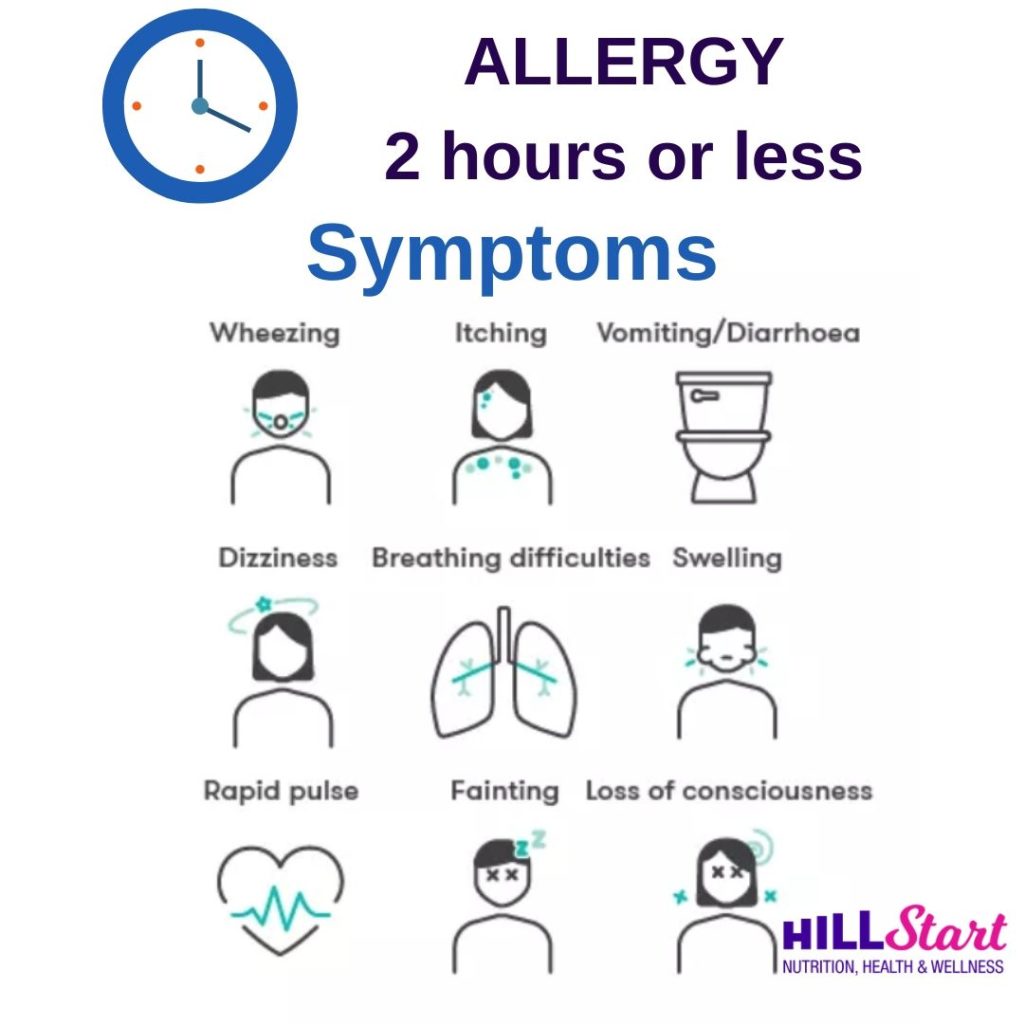
Officially there are 14 foods which are classified as allergens and they legally have to be put in bold on the ingredients list of packaged foods. Unlike a food intolerance the symptoms of a food allergy are very fast to show and usually much more severe. Reactions can include sore eyes, swelling of the lips, constricting throat and in severe cases can cause death (about 10 people a year die from food allergies in the UK).
Most people will find out they have an allergy to foods as a child. However, it is possible to develop an allergy at an older age, or simply to not have eaten the foods previously.
Is Coeliac Disease a gluten allergy?
Coeliac disease is given its terminology, because it isn’t a gluten allergy, it is an autoimmune disease. Whilst gluten is the trigger, it is much more complex than that. Autoimmune diseases are when the body does not recognise its own cells and attacks the body. In coeliac disease, this happens in the digestive system when they eat foods containing gluten.
Some people have very severe reactions to gluten, much like an allergy, and will be diagnosed at an early age. However others with coeliac disease will have symptoms similar to that of an intolerance which means it can often go undiagnosed for many years. Autoimmune conditions are genetic, so if a family member has coeliac disease you are more likely to have it yourself. The only way to be sure is to take a test, which can be arranged by a nutritional therapist (such as myself) or your GP.
If you want to know more about coeliac disease then please listen to my podcast episode 19 where I interview Anna Pagett from That Coeliac Lifestyle. And this episode where I talk to the Gluten Free Little Cook, Nicky Chilvers about her journey creating delicous treats for her daugher who has coeliac disease.
Is lactose intollerance a food intolerance?
Lactose intolerance is different again. It is genetic miscoding that means the body does not correctly make the digestive enzyme lactase, or possibly not make it at all. Lactase is the enzyme that breaks down lactose in the digestive system. Up to 70% of the population cannot correctly process lactose after the age of 5.
Due to the advances in technology in nutritional genetic testing we are now able to ascertain if people are able to efficiently make the lactase enzyme which is coded by the LCT gene. Genetic polymorphisms on this gene can mean you might not create the enzyme correctly, or possibly not at all. Testing will give you the information so that you know whether you are able to create lactase or not. This is something that needs to be done by a qualified genetic nutritionist, if you would like to know more about this type of testing please book an introductory call with me.
What should I do if I think I have an intolerance to some foods?
The first step is always to rule out anything more serious. Your GP can test for coeliac disease, inflammatory conditions or other issues that may need medical attention. Once you know you’re safe to proceed, you have a couple of clear routes – and this is where things become much more manageable.
- Guided elimination – This is the most reliable way to identify what’s affecting you. You temporarily remove common irritants – foods like gluten and dairy – and allow your digestive system to settle. Once things are calm, you reintroduce each food in a structured way to observe your body’s response. The 28-Day Transformation Programme. ideal if you want clarity without confusion, and you’d rather not spend months trying to figure it out on your own.
- Intolerance Testing – Some people prefer a data-led starting point. I use YorkTest, which looks at IgG reactivity – meaning it can highlight foods you may be reacting to. It’s helpful when symptoms are vague, or when you feel like you’re reacting to “everything” and need somewhere to begin. If testing feels right for you, you can order it directly here and each test includes a 30 minute interpretation call link to the test.
- Genetic testing – variations in certain genes influence how efficiently you break down compounds like lactose or gluten, which is why two people can eat the same meal and have very different reactions. Once we have your results we can build a nutrition plan that works with your biology rather than against it. find out more.
Not sure which path is right for you?
Digestive issues can flare at any point in life. Changes in diet, stress, poor sleep, infections, medication or hormone imbalance can all disrupt the delicate environment in your gut. When that happens, symptoms start popping up in places you wouldn’t expect – your skin, your energy, your mood, even how clearly you can think.
The good news is you don’t have to live with discomfort.
When the gut is given the chance to heal, so much begins to reset: inflammation reduces, nutrient absorption improves, and your whole system becomes more resilient. Supporting digestion is often the key step in breaking the cycle – and when you pair that with lowering other drivers like stress and poor sleep, you finally get traction instead of endless firefighting.
This is the work I do every day.
I’m a qualified Nutritional Therapist and Health Coach, and I’ve been working with clients since 2018. I specialise in helping people rebuild their health from the foundations – using real food, targeted supplements and simple lifestyle strategies. My clients often arrive feeling stuck, bloated or exhausted, and leave with clarity, confidence and a way of eating that genuinely supports them.
If you’re unsure whether the 28-Day Transformation Programme, intolerance testing, or another approach would suit you best, I’m here to help. I offer a free 20-minute consultation, where we talk through your symptoms, your goals and the simplest starting point for you. You can book your call here
